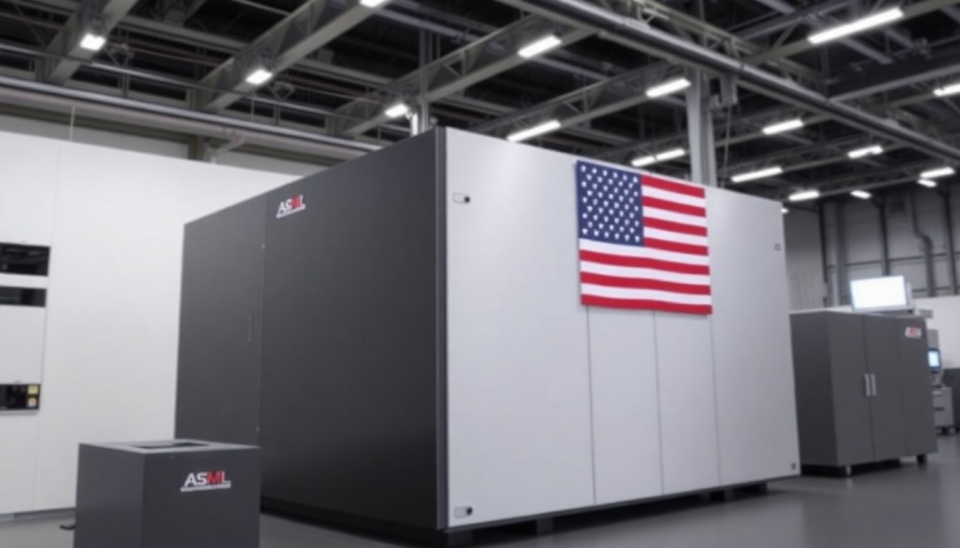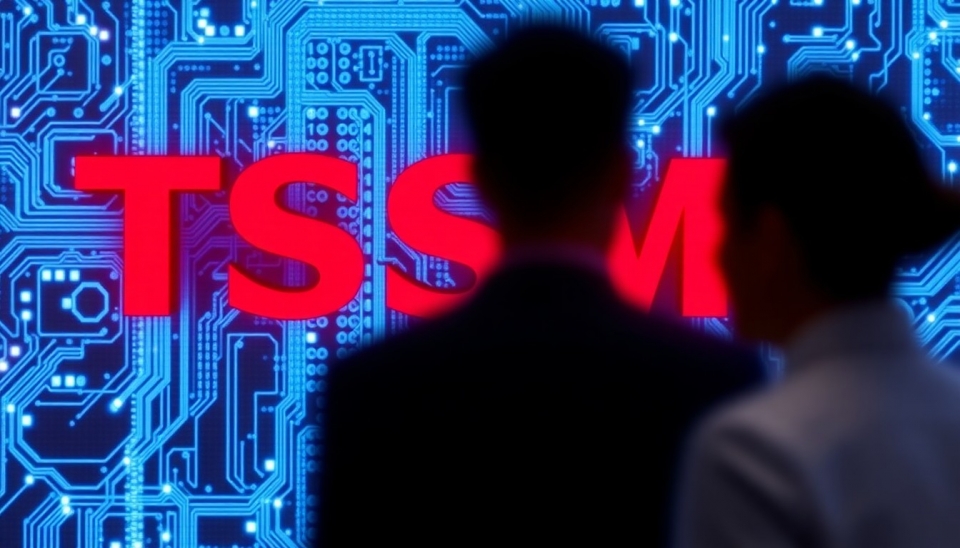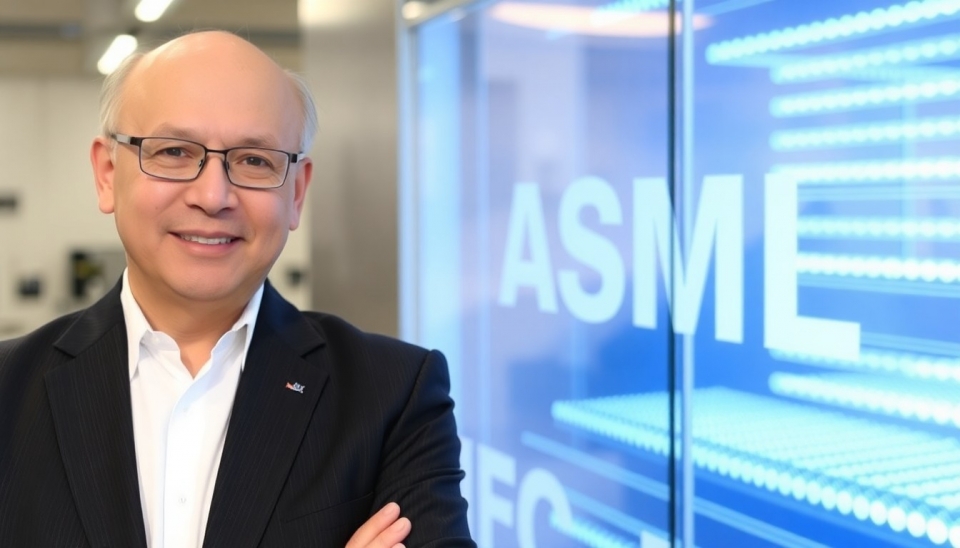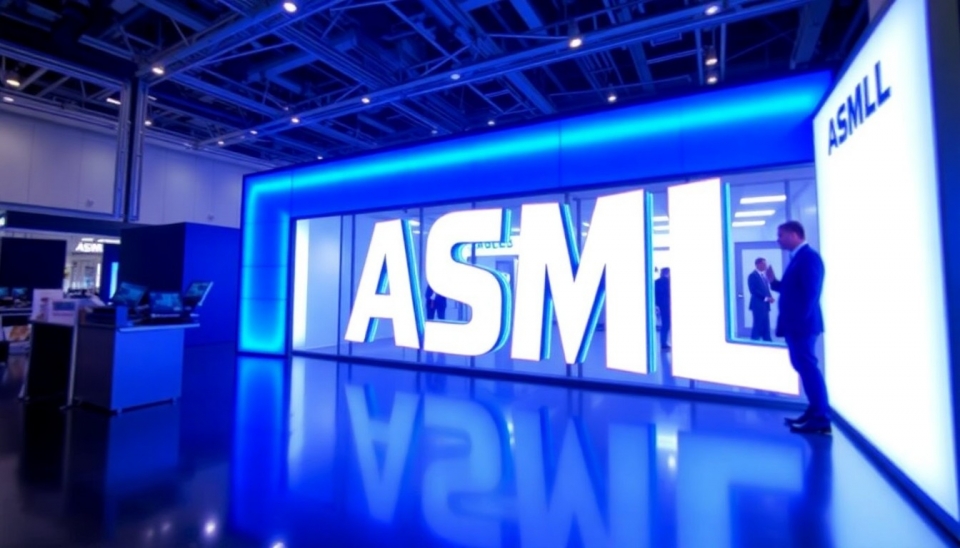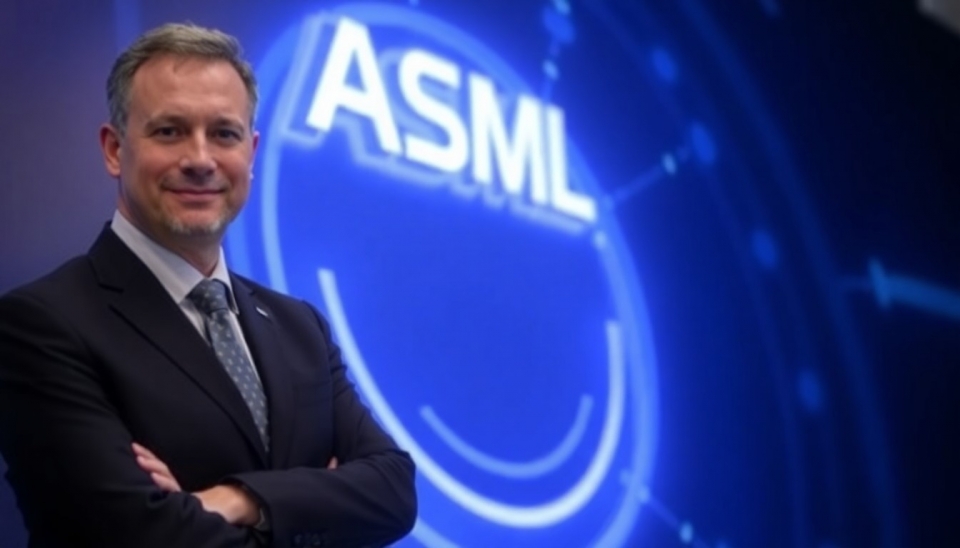
In a recent statement, ASML Holding's CEO, Peter Wennink, warned that the United States is intensifying its efforts to impose further restrictions on technology exports to China. This development comes as a response to increasing geopolitical tensions and competition in the semiconductor industry, a sector critical to both nations' economies.
Wennink articulated that the U.S. government is likely to advocate for tighter controls on specific technologies that are vital for the manufacturing of advanced semiconductor chips. This anticipated move mirrors previous actions taken against key Chinese players in the technology arena, particularly against companies like Huawei and SMIC, which have faced substantial U.S. sanctions.
The CEO expressed concerns that these restrictions could undermine the global semiconductor supply chain. ASML, which specializes in lithography systems used in chip manufacturing, has been placed at a strategic crossroads. The company is already navigating the complexities of existing export controls that have significantly affected its ability to supply advanced machinery to Chinese firms.
According to Wennink, further restrictions may not only affect ASML's business but could also hinder technological advancements worldwide, as many companies depend on collaboration and innovation across borders. He emphasized the necessity for a balanced approach that fosters competition without stifling growth and productivity across the semiconductor sector.
Moreover, Wennink mentioned that while he understands the U.S. stance on national security, pushing for extreme restrictions could backfire by creating a more fragmented global tech landscape. This environment could lead to inefficiencies and increased costs, further complicating the already intricate international supply chains.
As events unfold, ASML is closely watching how these geopolitical factors will shape the semiconductor market's future. The potential for a prolonged tug-of-war over technology markets between the U.S. and China could have far-reaching implications, influencing everything from international relations to the pace of technological innovation.
In conclusion, ASML’s leadership is bracing for an uncertain future, as the interplay between national security and technological progress continues to evolve. The CEO's insights reflect a larger conversation about how nations can balance competitive interests with the shared goal of advancing technology for the benefit of all.
#ASML #ChinaRestrictions #SemiconductorIndustry #Geopolitics #TechnologyExport #USChinaRelations
Author: Liam Carter
